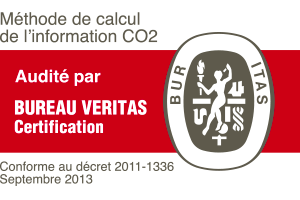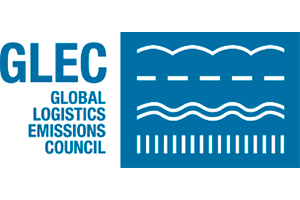Negative externalities,
the foundation of the TK'Blue methodology
What sets TK'Blue apart from other steering and reporting solutions is its international approach, its scientific rigor and transparency, and its full range of analyses, taking into account all modes of transport, negative externalities and GHG emissions.
Negative externalities:
At the heart of TK'Blue
A "negative externality" occurs when a company's consumption or production activity has an impact on the well-being of a third party, without this impact being financially compensated.
Widely used to measure the social benefits of public investment, the valuation of external costs also enables companies to cut costs and generate internal profits.
The TK'Blue methodology makes it possible to accurately assess the costs of externalities for a company's transport operations, whatever the mode and taking into account the technical characteristics of the vehicles used and the organization of its supply chain.
7 FREIGHT TRANSPORT MODE considered
- urban road
- interurban road
- train
- aircraft
- maritime deep-sea
- maritime short-sea
- river
More than 130 categories
of fleets
taken into account
- more than 60 types of road vehicles
- 40 ship types
- 14 types of river boats
- 17 aircraft categories
- And locomotives...
More than 700 negative externalities grouped into 6 categories are taken into account:
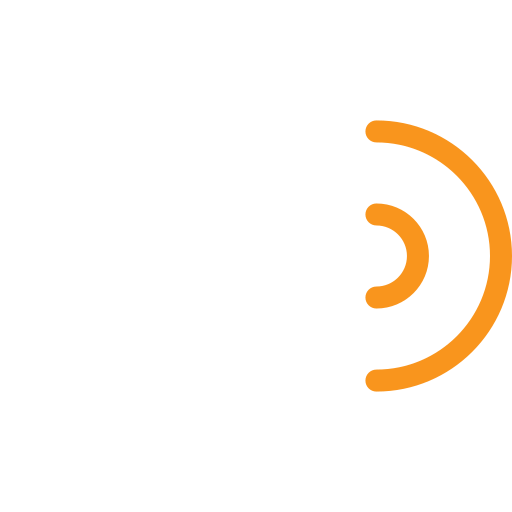


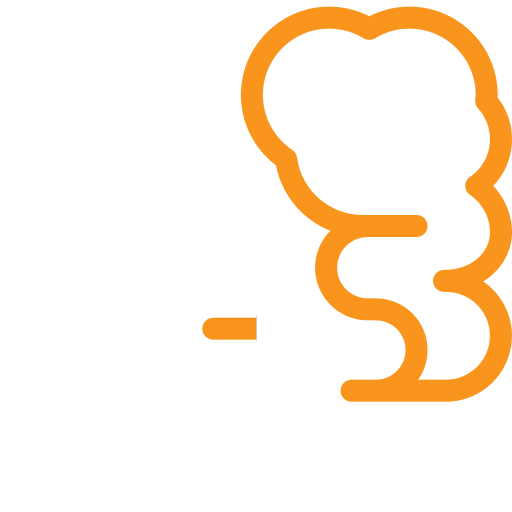
Air pollution (excluding greenhouse gases) is responsible for adverse effects on human health (new cases of chronic bronchitis, premature death or lost years of life). There are numerous pollutants, all of which are included in the assessment grids: fine particles (PM2.5), nitrogen oxide (NOx), sulfur oxide (SO2) and non-methane organic volatile compounds (NMVOCs).

TK'Blue offers a complete assessment of the impacts generated by each option studied for a logistics organization. We compare these impacts with the reference scenario, taking into account goods flows with their volumes transported, distances, origins/destinations, and the type of vehicles used, including the means of transport, energy, motorization, and possibly specific features such as refrigerated transport.
Our capabilities include the precise calculation of environmental, health and economic impacts resulting from air pollution, greenhouse gas (GHG) emissions, noise, accidents and congestion. With TK'Blue, you benefit from in-depth analysis to make informed decisions and optimize your performance, while promoting logistics that are more respectful of the environment and society.
The wealth of relational databases, optimized by the logic and power of the platform's Artificial Intelligence (AI), dynamically links carriers' data to that of shippers, enabling them to progressively improve their collaboration by sharing action and progress plans.
TK'Blue: Legislative and regulatory compliance for accurate measurement of GHG emissions
- Methodology compliant with European standard CEN EN 16258: Methodology for calculating and reporting energy consumption and greenhouse gas (GHG) emissions of freight and passenger transport services.
- GHG emissions calculation accredited by Smart Freight Centre for the GLEC standard.
- The GHG methodology and calculation method used have been audited and declared compliant by Bureau VERITAS Certification. This complies with the regulatory requirements of application decree no. 2014-530 of May 22, 2014 and the methodology proposed by OEET.
- TK'Blue participated as an expert in the drafting of the ISO 14-083 standard: Greenhouse gases - Quantification and reporting of greenhouse gas emissions arising from transportchain operations.
